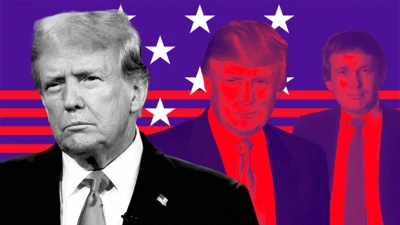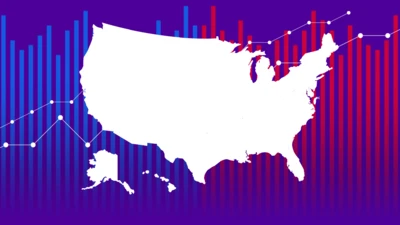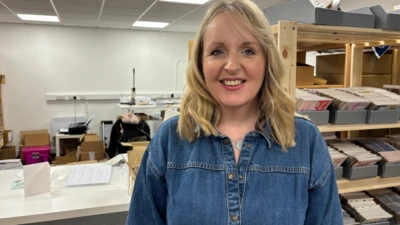We've updated our Privacy and Cookies Policy
We've made some important changes to our Privacy and Cookies Policy and we want you to know what this means for you and your data.
Europe: David Cameron’s gift to fellow EU leaders
Image source, Getty Images
- Author, Nick Robinson
- Role, Political editor
When you turn up for dinner it's polite to take a gift but when David Cameron shows up in Brussels tonight he won't be bearing flowers or chocolates.
What he'll hand over to his host to share with the 27 other guests is the "British problem". This is the important moment that it becomes the EU's shared problem.
Gone are the days when Europe's politicians and officials could kid themselves that if they waited long enough the British would change their mind or change their government.
They now know that, like it or not, there will be a renegotiation of the UK's membership of the EU followed by a referendum.
This will not, though, be the moment David Cameron spells out a detailed negotiating position, let alone begins haggling with his fellow leaders over what he will and will not accept.
He fears that if he did that now it would simply be an invitation for his opponents in Europe to chip away at his demands and for his critics at home to proclaim that he's demanding too little and already failing.
Besides, Europe's leaders have enough on their minds - with the Greek crisis still unresolved and the EU's migration crisis getting steadily worse.
His aim, instead, is to get the formal agreement of this EU Summit that it is now the job of the man in the chair - President Tusk - to add solving the British problem to his 'to do' list.
Yesterday he appointed a top Eurocrat - a Brit as it happens - to do just that.
How easy will that prove to be? The short answer is - not easy. Here's a few examples of why:
Treaty change
David Cameron believes that changes to the EU's treaties are necessary not just to implement the changes he wants but to convince Eurosceptics that his demands are not cosmetic.
Other EU leaders - the French president in particular - are already resisting this, fearful that it will invite other countries to make their own demands and that it will trigger unpredictable referendums in other countries.
'Ever closer union'
The prime minister says he no longer wants Britain to be bound by this EU ambition. Some see this as mere symbolism but he sees it as critical to assuaging the anger of those, particularly older, voters who feel they were lied to when they were told that Britain was joining a "common market" and not a much wider political project.
Cameron hopes the change will allow him to assert that Britain is not and cannot be forced to join a European project which dreams of creating a single country with its own flag and anthem, elected parliament and army and, of course, a single European currency.
The phrase is, though, not only symbolic. It has legal status. The EU's other leaders will be reluctant to agree to something which they fear will allow Britain to claim the benefits but not share the costs of co-operation.
Immigration
The PM has tried to make his proposals on immigration - the issue that upsets voters more than any other - more acceptable to the rest of the EU.
He has dropped proposals drawn up by the home secretary for a cap on EU migration or a so-called "emergency brake" which would allow any country to block their borders if too many people were arriving.
He's insisted that he's signed up to the key EU principle of freedom of movement. He's aiming instead for changes to the rules on welfare.
However, even his proposals to stop child benefit being sent abroad or to stop anyone who has not lived here for four year from claiming tax credits are hitting resistance from countries like Poland, who see them as designed to discriminate against their citizens, and others who believe the UK should simply reform its own over-generous benefits system and stop blaming everyone else.
There is more to the "British problem" than that short list.
This then is not the sort of gift that will be received with much enthusiasm at tonight's summit dinner. The prime minister will try to wrap it up with a cheery message.
Britain, he will insist, no longer wants to slow down or stop the rest of the EU pulling closer together if that's what they want to do.
Indeed, he'll argue that that's the only answer to the continuing problems of the eurozone.
His big ask is that the EU finally accepts that the UK will, though, be no part of that - not now and not ever.
After that he may share what I'm told is the favourite bit of advice he's picked up on his recent whirlwind tour of EU capitals.
It's a phrase used by Finland's prime minister which is said to capture David Cameron's desire to postpone protracted public negotiations for as long as possible and move instead into a long phase of private, behind the scenes, low key discussions about the best way forward.
He does not want to do now what can wait until later or, as they say in Finnish: "There is no need to skin the bear before Christmas".
Top Stories
More to explore
Most read
Content is not available








